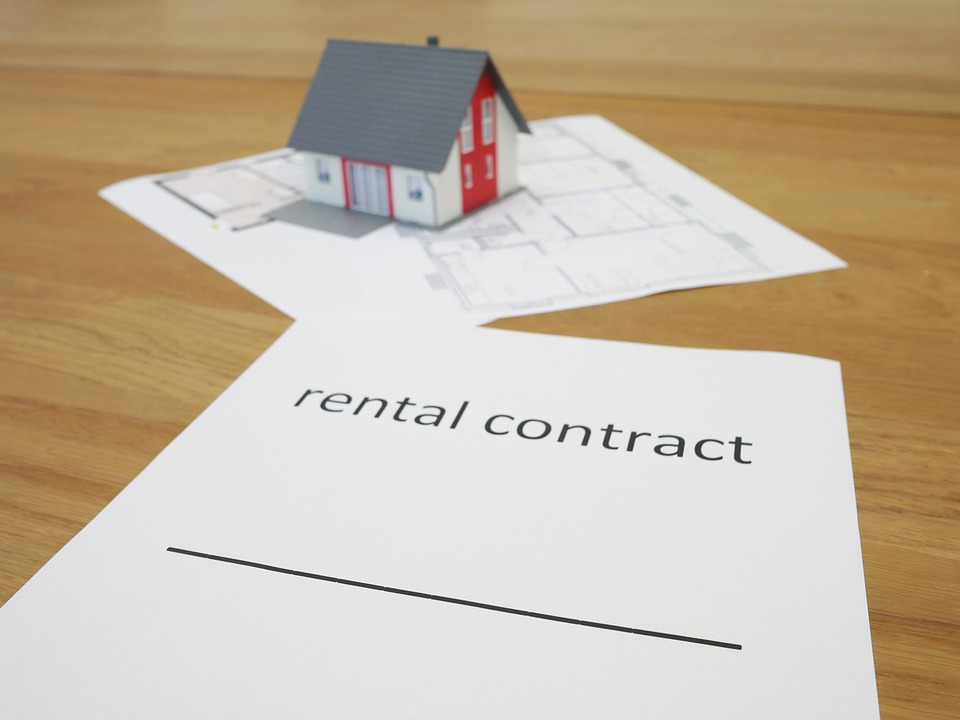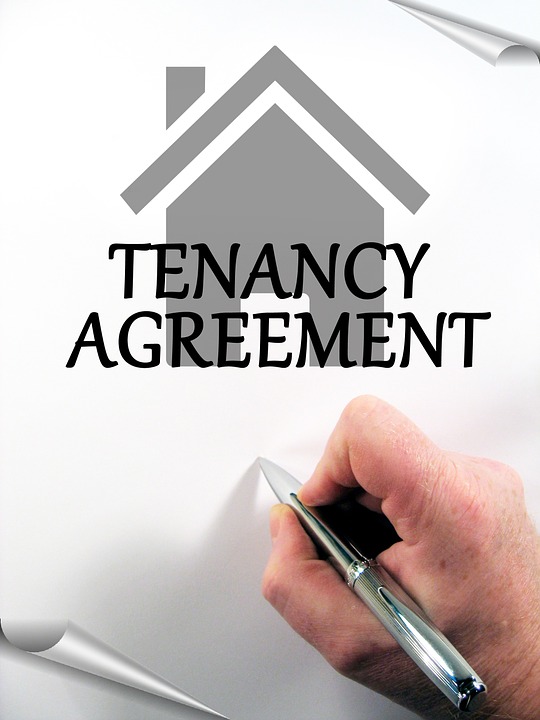The coronavirus outbreak will add to the pain for landlords who already have a raft of unpleasant rule changes coming their way next month.
With many people expected to experience a drop in income because of the pandemic, it’s highly likely tenants could struggle to pay their rent.
The Residential Landlords’ Association has recommended landlords work with their tenants and allow them to delay rent payments.
It told members: “A dip in income could mean a risk of rent arrears.
“Discuss this with your tenant and be flexible where you can – whilst a minority of tenants may use the outbreak as an excuse to avoid paying rent, most will be genuine and suffering stress.
“If there hasn’t been a history of arrears or delayed payment, then it’s better to accept the situation and work with the tenant to repay any arrears when things return to normal.”
Some banks such as RBS, NatWest, TSB and HSBC have allowed customers affected by coronavirus to defer mortgage payments, however the situation for buy-to-let investors is less clear cut.
Banks have said landlords struggling to pay their mortgage because of tenants falling into arrears will be dealt with on a case-by-case basis.
This will put a squeeze on landlords just as the taxman is poised to make life even more uncomfortable for them, says Sarah Coles, personal finance analyst at Hargreaves Lansdown.
“Property was already one of the least tax efficient ways to invest your money, and cuts to tax relief from 6 April are set to make it even less rewarding.
“From the moment you pay stamp duty on your purchase, through the years of paying income tax on rent and until the day you finally pay capital gains tax on the sale, your property investments are making plenty of cash for the taxman.
“In recent years, landlords have been increasingly squeezed by tax changes, and from April, three different tax reliefs will be slashed – making life even more expensive.”
What’s changing on 6 April?
Sarah Coles explains…
Mortgage interest tax relief for higher rate taxpayers will finally reduce to the basic rate.
This has been gradually shifting since 6 April 2017. Before then, a higher rate taxpayer could have subtracted all their finance costs from the rental income before calculating the tax due.
Assuming they had no other costs they could have received rent of £10,000 and paid mortgage interest of £6,000, so would only pay tax on £4,000 – £1,600
From 6 April 2020, they’ll only get 20% relief on the £6,000, so will pay 20% on £6,000 and 40% on the remaining £4,000 – £2,800
Capital gains tax (paid at 18% for basic rate taxpayers and 28% for higher rate taxpayers on property) will have to be paid within 30 days of completion of the property sale.
It’s currently paid by self-assessment at the next available opportunity, so tax on a sale in May 2018 would have been paid in January 2020.
Landlords who previously lived in the property currently get private residence relief on the final 18 months they own the property: this will fall to nine months.
Let’s assume you bought in January 2010, lived in the property until January 2013, then rented it out and sold in January 2020. If you made a chargeable gain of £150,000, you’d pay tax on £82,500 – which for a higher rate taxpayer at 28% would be £23,100.
However, if you bought in May 2010, lived in the property until May 2013, then rented and sold in May 2020, with a chargeable gain of £150,000, you’d pay tax on £93,750 – which for a higher rate taxpayer at 28% would be £26,250.
Is property investment worth it?
Coles says: “If you’re considering property investment this crisis is a salutary lesson that interruptions in rent aren’t just a theoretical possibility –at the moment they seem to be a racing certainty.
“It’s also a reminder that it’s essential to factor tax into your considerations. The taxman’s take can make a big difference as to whether your investment will actually end up making you any money. And it can start to look even less appealing when you compare it to the fact you can invest in stocks and share.”
Written by: Joanna Faith
Source: Your Money









